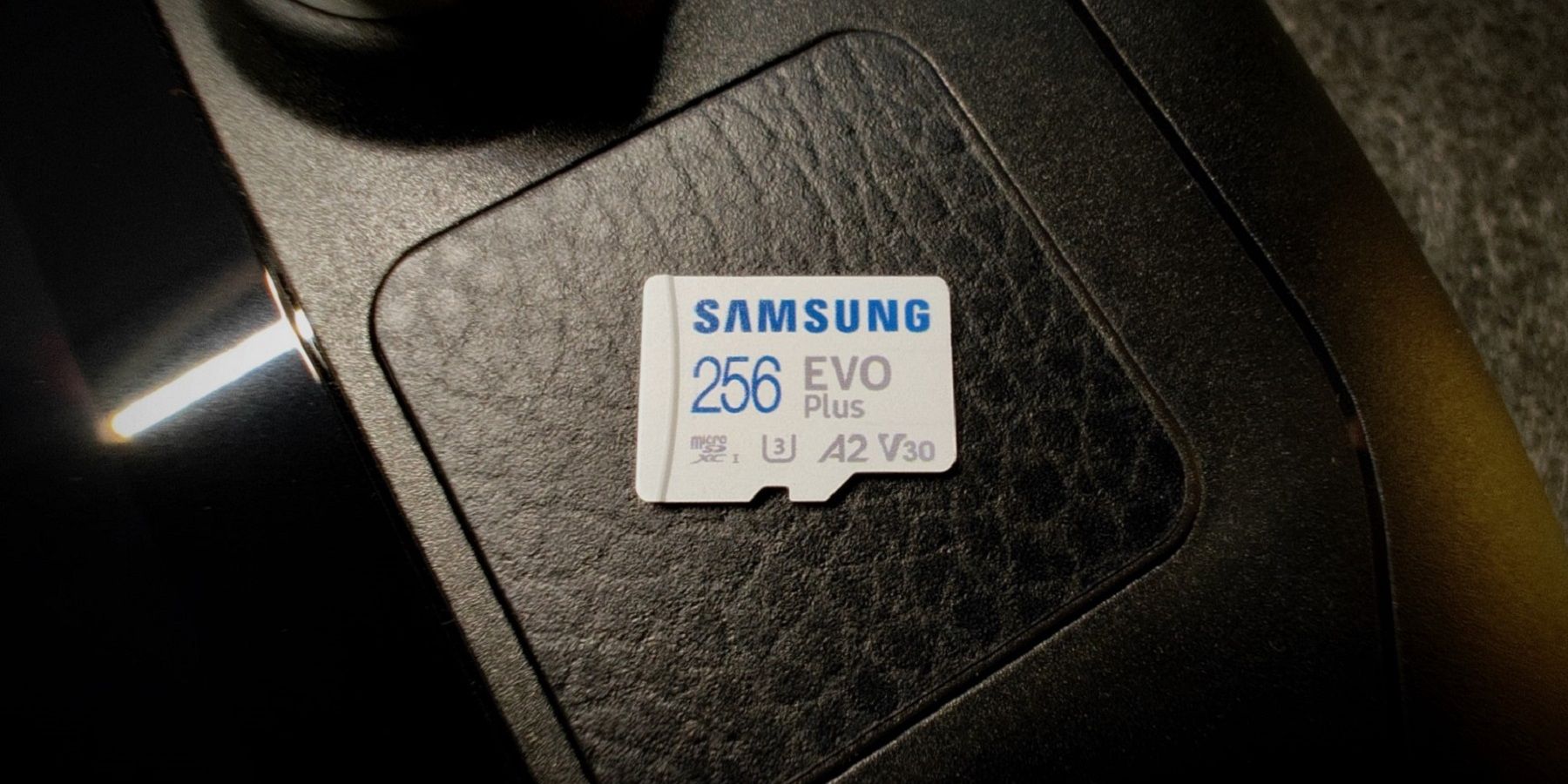Valve's Steam Deck is soon going to have one of its biggest problems alleviated: the size of its shader cache. While the 256 and 512-gigabyte models of the Deck can support substantially large cache build-up over a prolonged period of time, this hasn't been the case with the lowest-spec 64-gigabyte version, where a substantial portion of the device's internal memory ends up getting spent on shaders.
Since all three SKUs of the Steam Deck share the same internals across the board, the only big difference between the three models is the type and size of their respective integrated storage. And while the price of the lowest-spec 64-gig model is very attractive, it also quickly proved to be a hindrance as users' games libraries built up gigabytes' worth of shader cache.
However, this should be way less of a problem once the long-awaited SteamOS 3.5 update hits, according to Valve's Pierre-Loup Griffais. Notably, the new version of the Deck's operating system comes with a new Vulkan shader pipeline which, when combined with the Deck's single-file disk-caching technique, reduces most games' cache size by a whopping 60%, give or take. "That's our expectation," Griffais told PC Gamer. The specifics of each Deck user's shader storage reduction will vary, of course, depending on the games they have installed, but it should be a substantial improvement no matter what.
Valve's careful handling of the shader cache has already proven to be a big boon for SteamOS users. Specifically, shader buildup is one of the most common causes of micro stutter on PC, as shown with the problematic release of Hogwarts Legacy not long ago. By sharing cache files between Deck users, this problem is either entirely side-stepped or, at the very least, massively alleviated, with the only real downsides being the constant (albeit tiny) game updates that the Deck does on a daily basis and the space that the shaders take on the device itself.
It's curious to note, too, that the Steam Deck is the only gaming platform where Elden Ring does not stutter at all, even on the first playthrough. That's because Valve went out of its way to provide a fully compiled shader cache download, underscoring just how well Elden Ring runs on the Deck even without taking into account its lack of micro stutter compared to a regular PC.
In comparison, even the substantially more powerful Asus ROG Ally gaming handheld is bound to encounter micro stutters when running games for the first time, as the aforementioned cache-sharing feature isn't supported on Windows. This gives Valve's handheld gaming PC a unique edge over all of its competitors for the time being, especially now that shader stutter is becoming more of an issue for PC gamers across the board.
Source: PC Gamer


